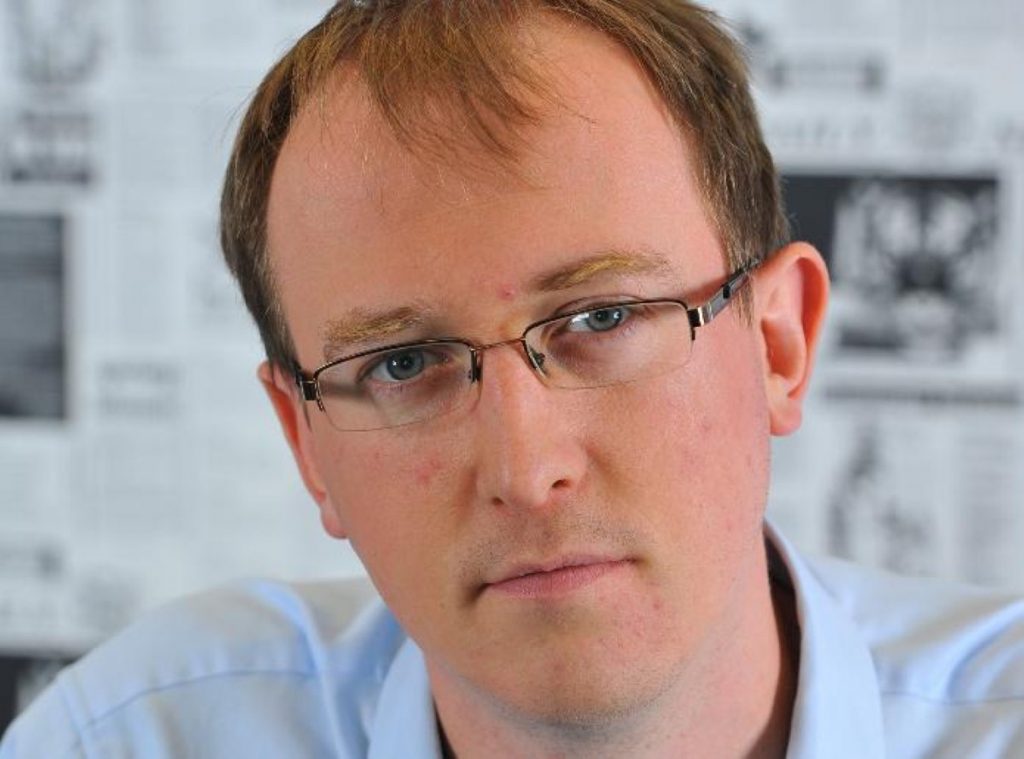Analysis: Clegg is flirting with Labour – but he doesn’t really care who gets into No 10
It will prompt scorn from Conservative colleagues in government and contempt from the voters – but Nick Clegg's flirtations with Labour are a necessary bit of politicking.
It's essential for the Liberal Democrat leader that he opens up the possibility of a deal with the men and women who have spent the last few years rubbishing him at every opportunity.
Believe it or not, his party have already been making substantial progress. Backroom conversations have been going on for about 12 months, now. Meaningful chit-chats in the corridors of parliament. Carefully-cultivated private talks by the big facilitators of Lib-Lab relations, most notably former transport secretary Andrew Adonis. These private overtures were the way of escaping from the deep hatred of 2010 and 2011, when Ed Miliband appealed to disgruntled left-leaning liberals to desert to the Labour party and Clegg was painted as being a closet Tory by every opposition figure you ever met. Now the behind-closed-doors rapprochement has paved the way for another essential step on the road to a Lib-Lab coalition in 2015.
It was Balls who started it. Last Christmas Clegg said he tried not to allow political disagreements to become "personal", but jokingly added: "I make one exception, for a man named Ed Balls." This was enough to worry the shadow chancellor into responding with a new year interview in which he extended an olive branch to the Lib Dem leader, saying "I've no reason to doubt his integrity". Clegg responded in kind by insisting he didn't mind Balls, really, after all.
This is how it works: from private chats, via public kiss-and-make-up diplomacy, to the brazen flirting we're now seeing from the deputy prime minister. His comments about the Labour party "realising that it might have to" share power "with others" are pugnacious and hostile, true. That is Clegg's style. But everyone in parliament will understand their underlying meaning, that a Lib-Lab pact is now very much a possibility. They've come a long way since 2010.
The glamour of the kingmaker
In one respect we're seeing a return to the last general election, when Cleggmania swept the country and the Lib Dems, briefly, polled in excess of 30%.
The excitement of this new party, challenging the two established parties, has been badly bruised by the Liberal Democrats entering government. What survives since then, and is slowly emerging once more as the next general election starts to appear over the horizon, is the idea that the ultimate decision about whether Miliband replaces David Cameron in No 10 rests with their deputy.
Clegg as kingmaker is, in reality, rather illusory. In 2010 it was the electoral arithmetic which made a Tory-Liberal coalition the only realistic option. And if the Lib Dems see their number of seats slashed in 2015, it could be their reduced numbers mean they no longer hold the balance of power.
Still, none of this will stop pundits and politicians alike viewing the deputy PM with added interest in the coming months. There is a chance he could be put in a decisive position – a chance which, given the sheer difficulty both the Tories and Labour face in winning an overall majority, is far from insubstantial. It makes his views more important, his party's policies more significant. It's ultimately why this article is being written.
Holding on
What all this fuss over Clegg's overtures to Labour shows is that journalists and voters alike still haven't realised quite how desperate the Lib Dems are to cling on to power.
The biggest mistake the British public made after 2010 was concluding that Clegg was a closet Tory. Suspicions he was more comfortable with implementing the Conservatives' agenda ignored the fact that two-thirds of the Lib Dems' manifesto was being implemented, too.
The "new politics" of coalition, it turns out, is about the Lib Dems remaining a party of government, no matter who they have to work with. Clegg revealed his hand at his autumn conference last year, making the case for him continuing in the job long after 2015 in the process. The idea that he might have survived the 2015 bloodbath seemed ludicrous a couple of years ago. Now, it is slowly becoming more plausible.
But it is still far from a shoe-in. As the Lib Dems begin opening up their options ahead of next year, we should remember just how weak the party is. Its poll ratings remain dangerously low and the traditional liberal incumbency, on which their entire electoral strategy of defence seems to be based, is going to be sorely tested by the unpopularity of governing. Coalitions are always bad news for the smaller parties. The likelihood is the Lib Dems will lose many seats next year.
Clegg's leadership, too, is far from secure. He has succeeded in thwarting Vince Cable's machinations, but after the next election his longevity will be tested. A swift resignation would be an acknowledgement of his personal unpopularity and a concession to the reality that coalition deal-making is just too openly pragmatic for the British public to stomach.
That's the real test for Clegg and his party: persuading voters that having the Lib Dems as a 'moderating influence' is desirable rather than contemptible. Setting up Labour as a potential partner in Whitehall is an essential step if Clegg and the Lib Dems want to remain in government, but it also shows just how little the Lib Dems care about which party they work with.
Alex Stevenson is parliamentary editor of Politics.co.uk
The opinions in politics.co.uk's Comment and Analysis section are those of the author and are no reflection of the views of the website or its owners.





-01.png)